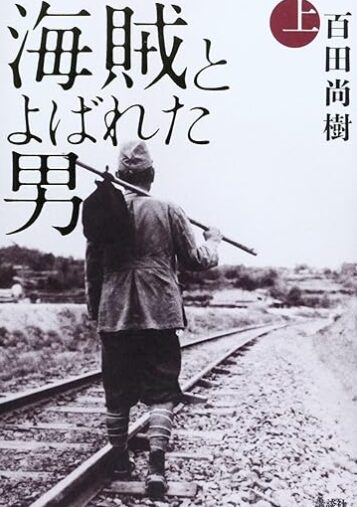Naoki Hyakuta’s novel “The Man Called Pirate” is a historical economic novel depicting the turbulent life of its protagonist, Tetsuzo Kunioka, modeled after Sazo Idemitsu, the founder of Idemitsu Kosan. It tells the story of a man who maintained his Japanese pride and beliefs throughout the postwar chaos and rapid economic growth period.
Synopsis
In 1945, the end of the war reduced Japan to ashes, and Kunioka Shoten lost its overseas assets, putting the company on the brink of collapse.
Amidst this, Tetsuzo Kunioka, the owner of Kunioka Shoten, declared that “his employees are family” and vowed to rebuild without laying off a single employee.
In an era of oil scarcity, the company resumed its oil business by accepting a job to extract oil from the bottom of a former naval tank. Overcoming domestic and international pressure and conflict with the oil majors (the Seven Sisters), the company carved out a path as an independent oil company.
Eventually, through direct negotiations with Iran, the tanker “Nissho Maru” was dispatched, successfully bypassing the British naval blockade and importing oil, in what became known as the “Nissho Maru Incident.” This marked the beginning of Japan’s oil trade liberalization and attracted international attention.
Thoughts
- Respect for People and Family
His management philosophy of treating employees like family and never abandoning anyone is impressive.
In a capitalist world, restructuring is commonplace, but the idea of treating employees as family seems difficult to implement in today’s large corporations.
- Rebellious Spirit and Conviction
I’m impressed by his unyielding Japanese pride and unyielding refusal to bow to Western capital.
The growth of today’s major corporations is a testament to the incredible efforts that went into their development.
- Foresight and Drive
His management’s ability to quickly recognize the shift from coal to oil and boldly expand their business demonstrates their considerable acumen.
Furthermore, his ability to overcome difficult times amidst the backdrop of war, defeat, reconstruction, and rapid economic growth is something that other managers should learn from.




















